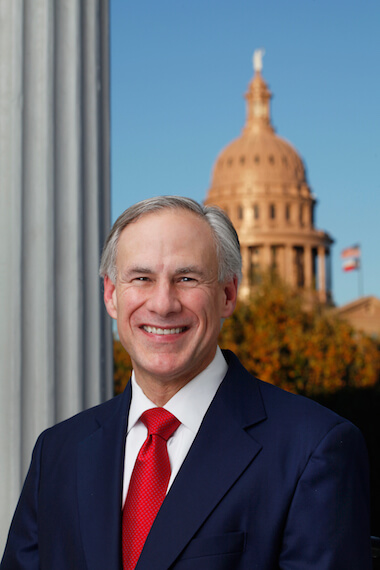Boy Scouts president Robert Gates. | SCOUTINGNEWSROOM.ORG
Less than two months after Boy Scouts of America president Robert Gates, the former Pentagon chief who oversaw the dismantling of the Don’t Ask, Don’t Tell military policy, warned the organization that its blanket policy of excluding gay adults from leadership positions “cannot be sustained,” the BSA’s Executive Committee voted unanimously to give local units the option of abandoning that practice.
Significantly, however, the July 13 resolution adopted said, “This change would also respect the right of religious chartered organizations to continue to choose adult leaders whose beliefs are consistent with their own.”
The outcome, then — assuming that the resolution is ratified by the BSA National Executive Board at its July 27 meeting — would be that gay adults will be able to work with some but likely not all scouting units across the country. Two years ago, the Scouts announced that no youth could be denied membership based on their sexual orientation.
Local option to discriminate remains for church-based chapters
The Scouts’ position appears to be based on a legal overview that concluded that the blanket ban is far more vulnerable to court challenge than it was back in 2000, when the Supreme Court upheld the policy in a challenge brought by New Jersey gay Eagle Scout James Dale. The high court then ruled that the BSA’s First Amendment right to expressive association outweighed New Jersey’s interest in banning anti-gay discrimination. A July 8 internal scouting memorandum titled “Why the BSA Must Reconsider the Adult Leader Standards” reviewed gay rights litigation that has ensued since 2000, including last month’s marriage equality decision, and concluded that record “indicated a change in the level of state interest in prohibiting discrimination and in the balance of how that interest would be measured against private organizations in the exercise of First Amendment rights.”
The memorandum also highlighted recent legal challenges to the ban on gay leaders — in New York, Colorado, California, and Oklahoma — and the decision by New York’s attorney general, Eric Schneiderman, to investigate BSA employment practices.
The BSA has clearly concluded that the risk and costs of mounting litigation make the current policy untenable. Whether its decision to continue to give chapters a local option to discriminate will satisfy its critics or withstand legal challenges is a whole different matter.



































